6 Books Every Smart, Forward-Thinking Woman Needs to Read
Erica Jong reveals the inspiring titles that need a place on every woman's shelf.
As told to Leigh Haber
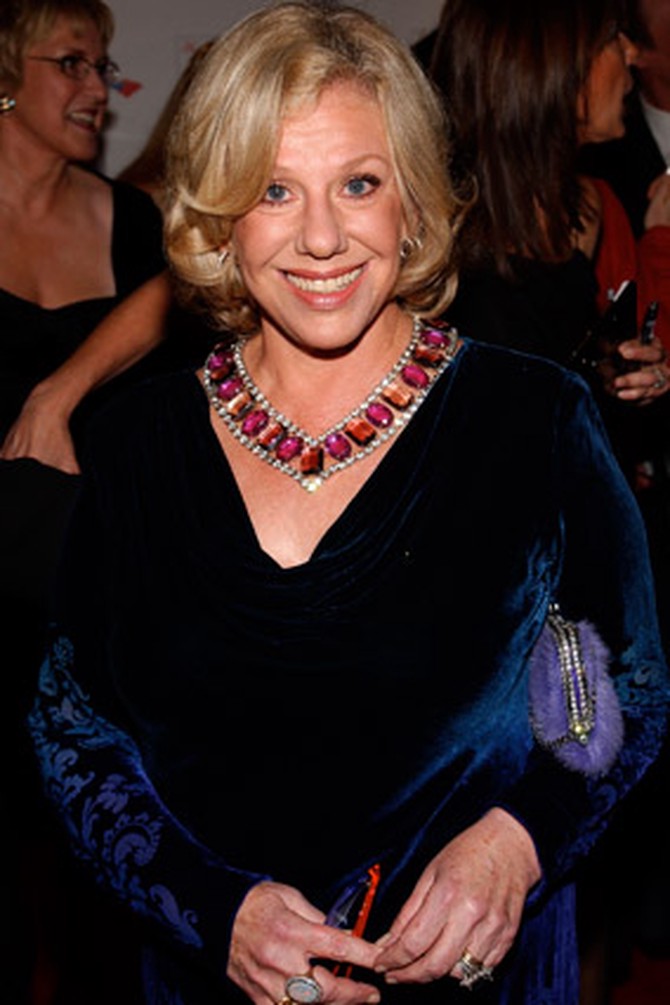
Photo: Andrew H. Walker/Getty Images
Before Sex and the City, before Girls, there was Fear of Flying, the now-classic novel that encouraged women not just to enjoy their sexuality but to feel downright exhilarated by it. The book was revolutionary for its time, and, four decades later, what still makes it so relevant (and compulsively readable) is narrator Isadora Wing's decision to finally take charge of her own mind, body and freedom. In celebration of the Fear of Flying's 40th anniversary, author Erica Jong has come up with six inspiring books that every woman, of any generation needs to read—(or reread!)—if only to invoke her own inner powerhouse.
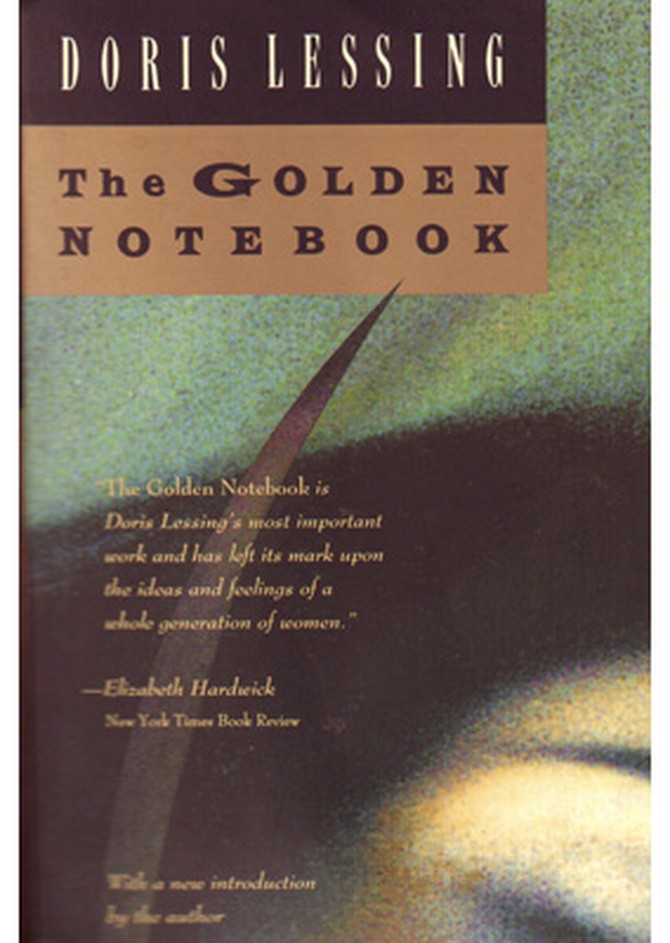
By Doris Lessing
688 pages; Harper Perennial Modern Classics
The story: One woman's struggle to write a notebook that contains all the compartmentalized facets of her life—her childhood, her politics and her lovers.
Why it inspires: "Unlike the popular books of the 1960s, which featured 'mad housewives' jumping out of windows, what Lessing tried to do was to bring together a woman's brain and a woman's body, to show the delight in physicality. Womanhood is exuberant—and wonderful."
688 pages; Harper Perennial Modern Classics
The story: One woman's struggle to write a notebook that contains all the compartmentalized facets of her life—her childhood, her politics and her lovers.
Why it inspires: "Unlike the popular books of the 1960s, which featured 'mad housewives' jumping out of windows, what Lessing tried to do was to bring together a woman's brain and a woman's body, to show the delight in physicality. Womanhood is exuberant—and wonderful."

By Mary McCarthy
264 pages; Mariner
The story: The nonfictional account of Mary McCarthy's idyllic childhood, cut short by the death of her parents.
Why it inspires: "McCarthy was orphaned by the influenza epidemic that followed WWI; both of her parents died in a flash. She was then raised by her grandparents in Seattle. The wonderful thing she does in the book is to tell what happened, and then to write about what might have happened. It takes 'memoir' to a whole other level. It gives you a shot of adrenaline; it makes you ask yourself, What was the transformational moment in my life when my story really begins?"
264 pages; Mariner
The story: The nonfictional account of Mary McCarthy's idyllic childhood, cut short by the death of her parents.
Why it inspires: "McCarthy was orphaned by the influenza epidemic that followed WWI; both of her parents died in a flash. She was then raised by her grandparents in Seattle. The wonderful thing she does in the book is to tell what happened, and then to write about what might have happened. It takes 'memoir' to a whole other level. It gives you a shot of adrenaline; it makes you ask yourself, What was the transformational moment in my life when my story really begins?"
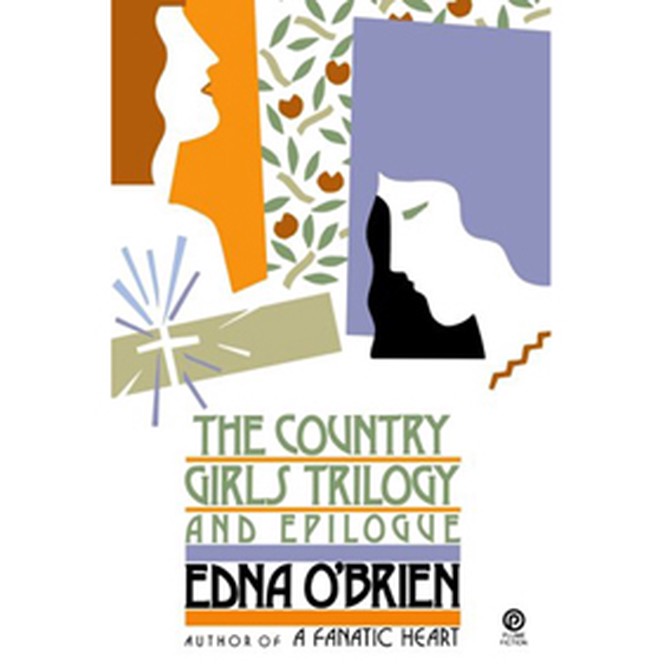
By Edna O'Brien
544 pages; Plume
The story: The coming-of-age story of two young Catholic girls in Ireland.
Why it inspires: "This is a writer who is a woman, a lover, a daughter, a mother and she tries to bring all that together in her work. So few women writers were doing that in the 1960s. Instead, they were writing through a male persona, because they knew that otherwise they wouldn't be taken seriously. But as O'Brien says, 'I am the mother of sons; my sons have given me joy. I am a lover of men, and men have broken my heart—but they've also given me joy.'"
544 pages; Plume
The story: The coming-of-age story of two young Catholic girls in Ireland.
Why it inspires: "This is a writer who is a woman, a lover, a daughter, a mother and she tries to bring all that together in her work. So few women writers were doing that in the 1960s. Instead, they were writing through a male persona, because they knew that otherwise they wouldn't be taken seriously. But as O'Brien says, 'I am the mother of sons; my sons have given me joy. I am a lover of men, and men have broken my heart—but they've also given me joy.'"
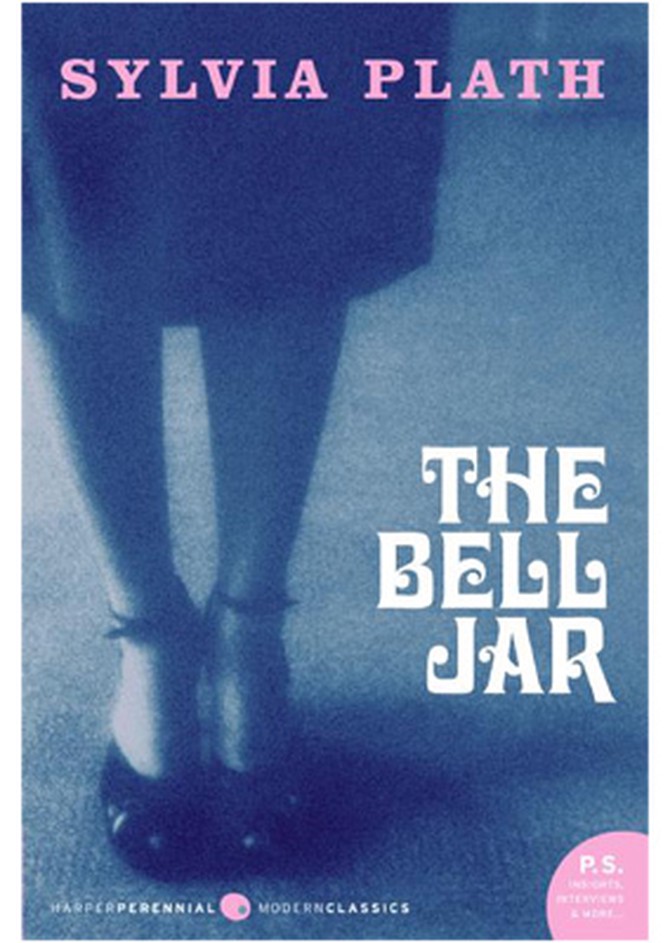
By Sylvia Plath
288 pages; Harper Perennial Modern Classics
The story: A young woman suffers a breakdown while pursuing her dream of being a magazine editor.
Why it inspires: "Plath made it possible for women to confront our anger and make literature out of it. She made it acceptable to declare our rage."
288 pages; Harper Perennial Modern Classics
The story: A young woman suffers a breakdown while pursuing her dream of being a magazine editor.
Why it inspires: "Plath made it possible for women to confront our anger and make literature out of it. She made it acceptable to declare our rage."
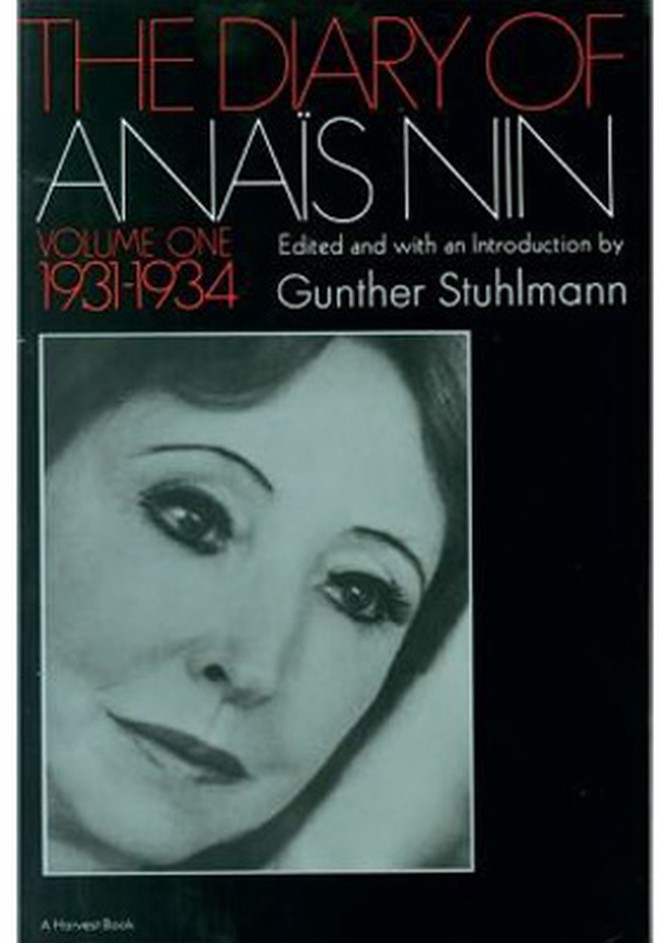
By Anaïs Nin
384 pages; Mariner
The story: A young woman's awakening in Paris.
Why it inspires: "In Nin, you see a woman owning up to her sexuality. She was a great feminist, a great lover."
384 pages; Mariner
The story: A young woman's awakening in Paris.
Why it inspires: "In Nin, you see a woman owning up to her sexuality. She was a great feminist, a great lover."
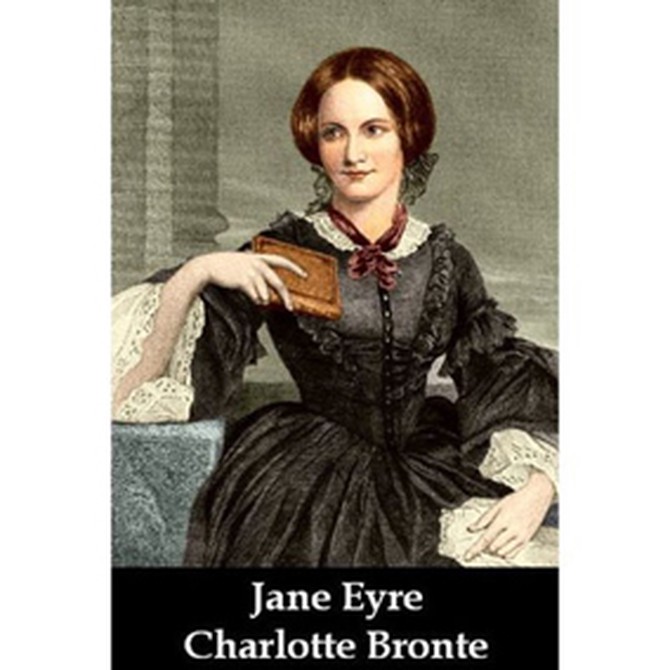
By Charlotte Brontë
328 pages; Wilder
The story: A younger woman comes to serve as governess in an English country manor—and falls for the mysterious owner of the house.
Why it inspires: "There is so much about this book that was revolutionary. You have a heroine who is plain, but she's clever. Also, Jane is a woman who speaks her mind—she doesn't lie to please the establishment, or to please men."
Next: The 7 books every spiritual person needs to read
328 pages; Wilder
The story: A younger woman comes to serve as governess in an English country manor—and falls for the mysterious owner of the house.
Why it inspires: "There is so much about this book that was revolutionary. You have a heroine who is plain, but she's clever. Also, Jane is a woman who speaks her mind—she doesn't lie to please the establishment, or to please men."
Next: The 7 books every spiritual person needs to read
Published 10/21/2013

